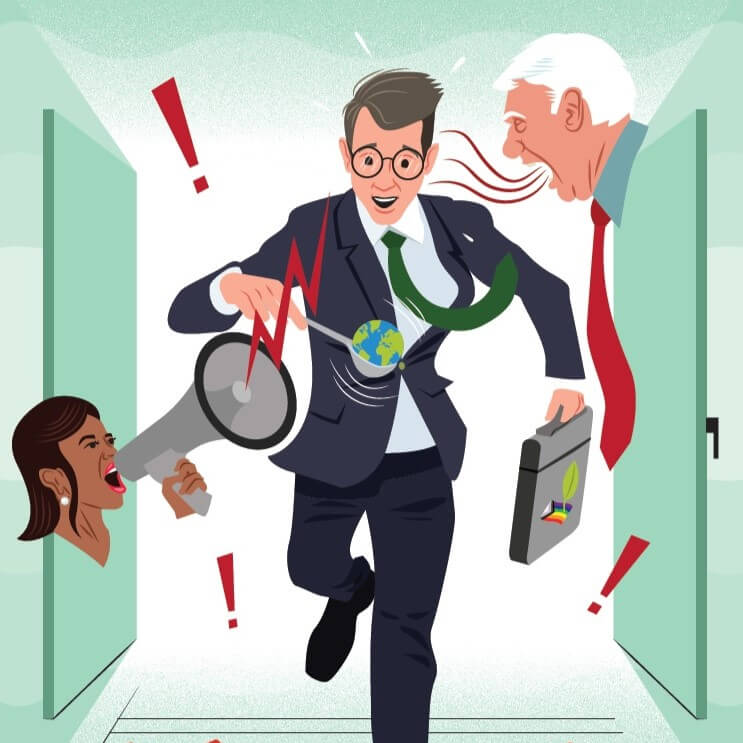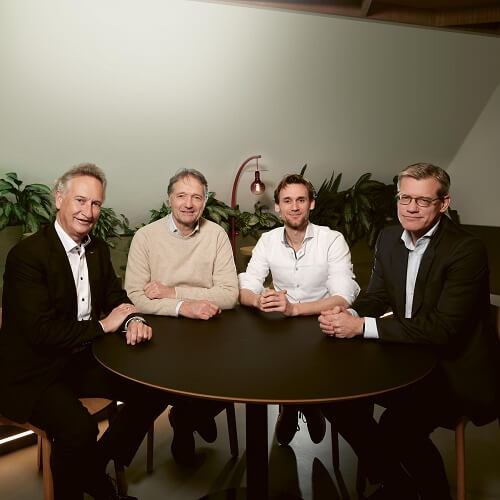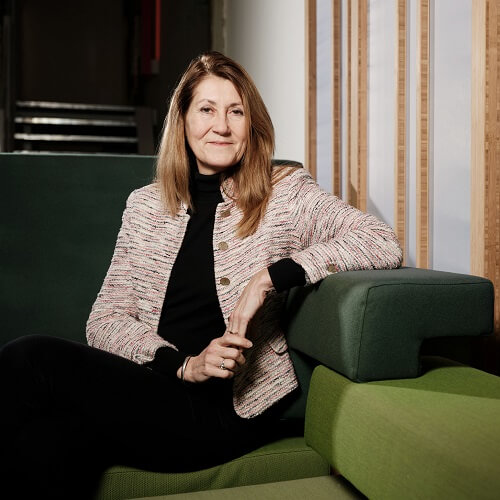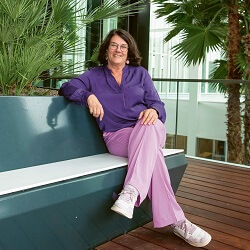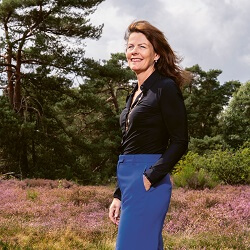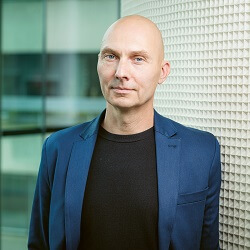Societal Impact
As a management theme, social impact is here to stay, but the subject is by no means new. Below, we will give a brief overview. But first: what does it actually mean, social impact? The easiest way to understand the term is to put it in a sentence. Executives, up to the level of the executive board, are increasingly forced to think about the social impact of their company. Companies, so the thinking goes, are not just there to make a profit. What also has become important is the impact of business operations: for example, on local communities, on stakeholders, such as customers and suppliers, on the environment. One step further, companies are increasingly asked to be socially useful. The term 'purpose' is often used to describe this. The company must therefore be of social value.
Corporate Social Responsibility in the NetherlandsFocusing on impact did not just fly into the boardrooms. The generation of millennials is deeply aware of the importance of the theme and is forcing companies to think.
For the millennials, the theme did not come out of the blue either. The current broad debate goes back a long time. The most successful large companies reflected on their social responsibilities decades ago. For example, during the industrial revolution in the Netherlands, Philips and Heineken took care of their employees by offering them housing. Entire neighbourhoods in Amsterdam (Heineken) and in Eindhoven (Philips) were created in this way.
Corporate social responsibility in the international contextLess long ago, on 23 June 1999, the Dutch House of Representatives organized a debate entitled 'corporate social responsibility in an international context'. The debate focused on whether the government should play a role in forcing companies to adopt corporate social responsibility (CSR) or whether this was the responsibility of companies – and the government's role was primarily in the international debate on impact. Several terms were already associated with CSR at that time: corruption, the environment, working conditions and so on. SMEs tended to talk about sustainable business, while the corporates opted for CSR. In the years to follow, CSR would be explored in many ways. In 2003 the Dutch Corporate Governance Code gave the Netherlands a code of conduct for good governance (self-regulation) for listed companies. Another example is the National Climate Agreement, which was drawn up in consultation between companies, interest groups and the government.
In an international context, the Organisation for Economic Development and Cooperation (OECD) introduced ISO26000 in 2010: an international standard for corporate social responsibility that provides practical guidelines. Legislators worldwide also came up with stricter legislation in the areas of corruption, the environment, employee abuse and so on.
Sustainable Business off the agendaThinking around CSR ran parallel with the shareholder model. The shareholder model assumes that the share price ultimately also reflects the long-term behaviour of executives. In other words: if executives do the right thing for their customers, but also for employees and other stakeholders, this will be reflected in the share price. This thinking is said to be flawed, however. First, because not all executives always have the best of intentions for the rest of the world. But above all, CSR would often become more of a ‘must-do’ for companies than a broadly supported management theme. Many companies appointed a chief sustainability officer or some similar officer, whose task it was to ensure that the company did not do anything wrong. And that was the end of the matter. Indeed, as soon as the economy falters or shareholders sulk, a theme such as sustainable business often disappears from the agenda altogether.
The emergence of Sustainable Development Goals This has changed in recent years due to pressure from society, as described above, but there is more to the matter. The United Nations had a perfect sense of the spirit of the times and in 2015 came up with the United Nations Sustainable Development Goals (SDGs). In Dutch, this translates to duurzame ontwikkelingsdoelen. The SDGs are social goals such as no hunger, no poverty and clean water and sanitation for all. The goal is to implement this agenda by 2030. These SDGs have caused a revolution in the business world. Whereas CSR was hardly ever on the corporate agenda, the goals of the United Nations are so ambitious that large companies can perfectly use them as a basis for their strategy (and nowadays, also their mission quite often). Shareholder thinking is increasingly being exchanged for a strategy based on long-term value creation. Philips, for example, claims to be aiming to improve the lives of 3 billion people by 2025, and DSM's mission is to create better lives for everyone. CEO Feike Sijbesma is considered a pioneer in the field of impact in the Netherlands.
Finally, great progress is also being made in implementation. Social impact and sustainable business practices are high on the agenda these days. Think of trends such as integrated reporting, an ESG policy or sustainable innovations. On to a better world!


Roderick Glerum (Vattenfall): ‘Don't wait to invest in the energy transition’
To Roderick Glerum, director of the business market at Vattenfall, the fact that the energy transition in the Netherlands is not progressing as quickly as desired or hoped for is no reason for pessimism. He is convinced that even small steps will ultimately make a difference. ‘We are innovative and creative enough to find a solution to every problem.’
Read moreWith sustainability under pressure, there once again seems to be more and more talk of only one bottom line: the financial one. But does the value of companies really depend on this alone? In the AEX Futureproof Index, previously intangible social and environmental values have been translated into comparable monetary figures. Now it is up to companies, investors and policymakers to show whether they are willing to change, writes Pieter Hemels of ftrprf.
Thursday. France. Fatigue and mild flu symptoms. Friday. France. Fatigue and mild flu symptoms. Saturday. Return home. Flu. Sunday. The Netherlands. Increasing shortness of breath. Monday morning. GP. Alarm bells. Monday afternoon. Hospital. Emergency room. Tests, doctors, and nurses follow each other in rapid succession. Monday afternoon, the words “acute leukemia” and “chemotherapy treatment starts immediately” are spoken. Monday afternoon. Ambulance. To an academic hospital. We are warmly welcomed at the hematology department. Monday evening. Intensive Care Unit. Fighting for her life. The battle has been ongoing for two weeks, day in, day out. And as we write this, it continues. This is the story of one of our colleagues. As we write this, we don't yet know if she'll make it to step 2.
AEX Futureproof Index: A price tag that changes business forever
With sustainability under pressure, there once again seems to be more and more talk of only one bottom line: the financial one. But does the value of companies really depend on this alone? In the AEX Futureproof Index, previously intangible social and environmental values have been translated into comparable monetary figures. Now it is up to companies, investors and policymakers to show whether they are willing to change, writes Pieter Hemels of ftrprf.
Let’s care
Thursday. France. Fatigue and mild flu symptoms. Friday. France. Fatigue and mild flu symptoms. Saturday. Return home. Flu. Sunday. The Netherlands. Increasing shortness of breath. Monday morning. GP. Alarm bells. Monday afternoon. Hospital. Emergency room. Tests, doctors, and nurses follow each other in rapid succession. Monday afternoon, the words “acute leukemia” and “chemotherapy treatment starts immediately” are spoken. Monday afternoon. Ambulance. To an academic hospital. We are warmly welcomed at the hematology department. Monday evening. Intensive Care Unit. Fighting for her life. The battle has been ongoing for two weeks, day in, day out. And as we write this, it continues. This is the story of one of our colleagues. As we write this, we don't yet know if she'll make it to step 2.
Executives and board members should brace themselves as, given the current turbulent conditions, an increase in activist interest in European companies seems highly probable, writes Charles Honée. Preventing and responding to activist approaches is not a science but an art and every interaction with investor activists has its own dynamics and requires a tailored response based on the situation.
Most companies and business leaders are fully cognizant of the role they play in society and have already taken the steps needed to make their organizations more sustainable, more humane and thus more future-proof, argue Hilde van der Baan and Gijs Linse of A&O Shearman. In other words, a solid foundation is already there. The further development required to stay on course and to accelerate is a joint effort by all parties, from government to citizens.
On 19 November 2024, I had the privilege of opening the annual CETAF meeting in Madrid. The Consortium of European Taxonomic Facilities (CETAF) has 77 member organizations, with 5,000 scientists employed to conduct research into biodiversity. By courtesy of the outstanding hosting of Museo Nacional de Ciencias Naturales, the atmosphere was tremendous—until the substantive program started, when the atmosphere turned decidedly more despondent.
Activist Alert: In 2025, an increase in the likelihood of an activist campaign
Executives and board members should brace themselves as, given the current turbulent conditions, an increase in activist interest in European companies seems highly probable, writes Charles Honée. Preventing and responding to activist approaches is not a science but an art and every interaction with investor activists has its own dynamics and requires a tailored response based on the situation.
Acceleration asks effort by all parties
Most companies and business leaders are fully cognizant of the role they play in society and have already taken the steps needed to make their organizations more sustainable, more humane and thus more future-proof, argue Hilde van der Baan and Gijs Linse of A&O Shearman. In other words, a solid foundation is already there. The further development required to stay on course and to accelerate is a joint effort by all parties, from government to citizens.
About the birds, the bees, and doing futureproof business
On 19 November 2024, I had the privilege of opening the annual CETAF meeting in Madrid. The Consortium of European Taxonomic Facilities (CETAF) has 77 member organizations, with 5,000 scientists employed to conduct research into biodiversity. By courtesy of the outstanding hosting of Museo Nacional de Ciencias Naturales, the atmosphere was tremendous—until the substantive program started, when the atmosphere turned decidedly more despondent.
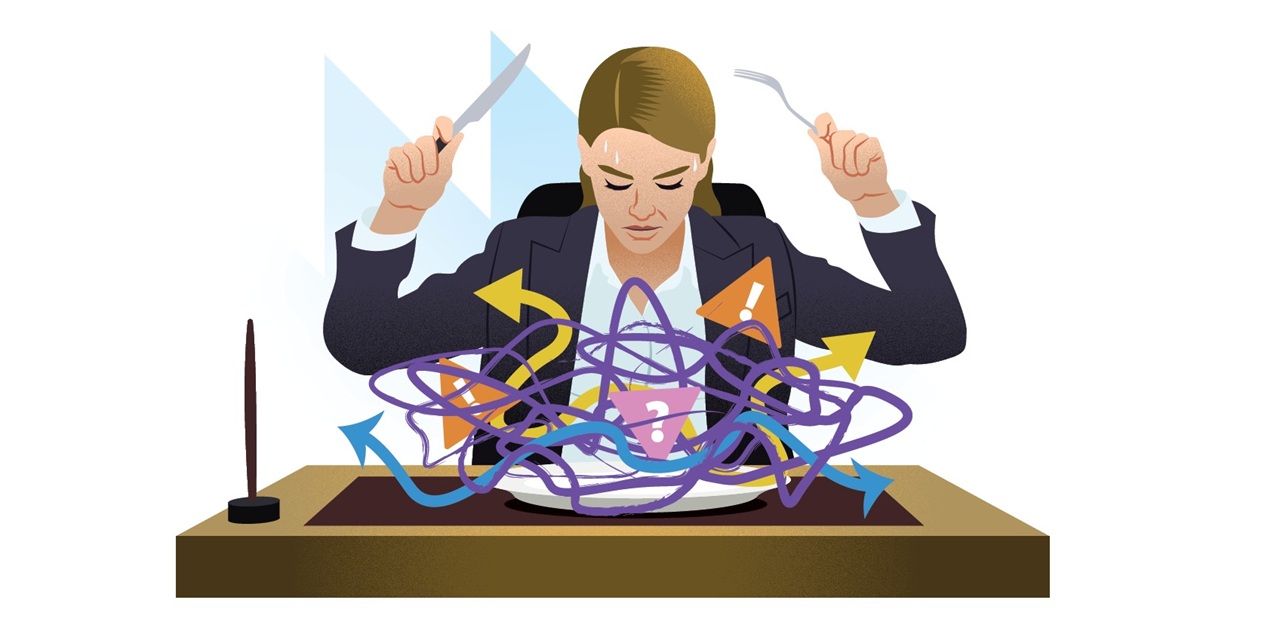
Embrace discomfort in the boardroom with these seven good practices
The boardroom of the future does not shy away from seemingly unsolvable problems, but rather harness these as opportunities, according to Robert J. Blomme and Josephine de Zwaan of the In-Depth Governance project. Eighty Dutch executives worked together in this project to develop new guidelines for sustainable leadership, with the core message: give discomfort in the boardroom room to breathe. The tension that this creates is the starting point for change.
Read moreMost read
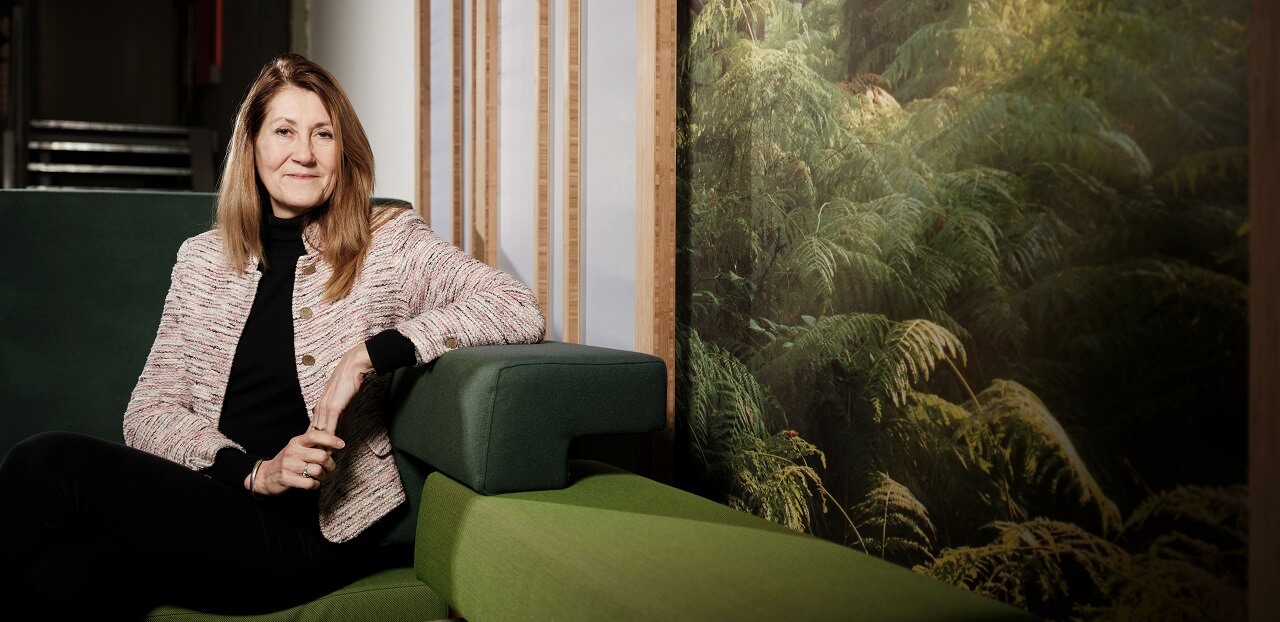
Eline Oudenbroek (Interface): ‘No Relevance Without Sustainability’
Carpet manufacturer Interface has long been well ahead of the beat when it comes to sustainable transformation: the net zero ambition has been traded in for the next ambitious goal. Vice president of supply chain & operations Eline Oudenbroek hopes the industry will ‘walk with them’.
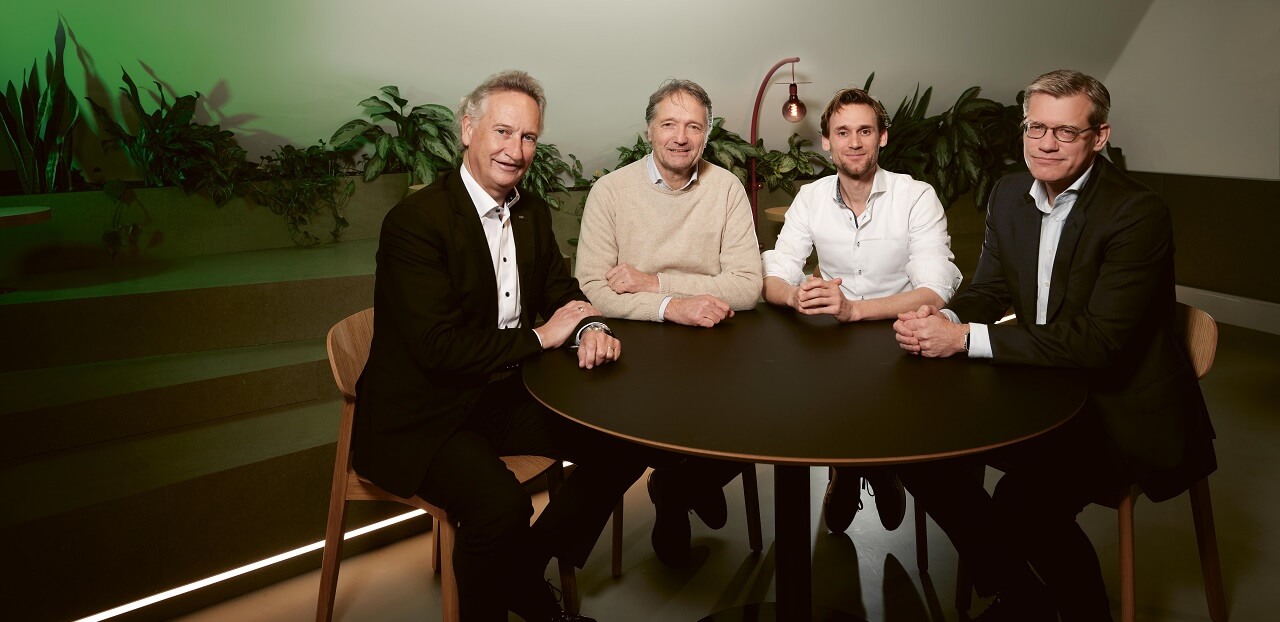
Sustainable Transformation Makes Any Business More Robust
What are the challenges for the manufacturing industry in designing sustainable products? The directors of chipmaker NXP Semiconductors, denim brand MUD Jeans and aircraft manufacturer Maeve Aerospace - all three forerunners in their industries - in conversation about lofty ideals and the sometimes-unruly practice.
Well-intentioned, but...


Pieter Hemels (ftrprf): 'Strategy Should Always be Future-Proof'
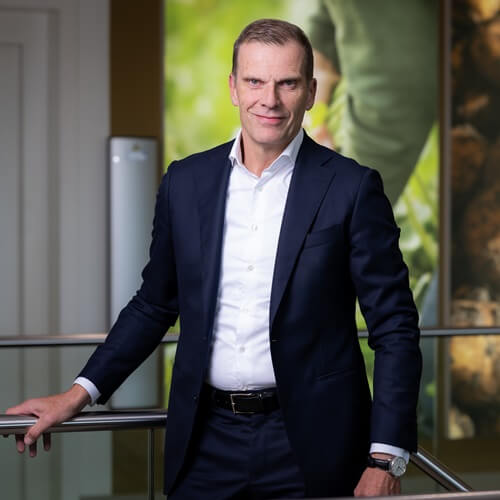
Hans Meeuwis (Cosun): 'We Attribute a Heroic Role to Plants'
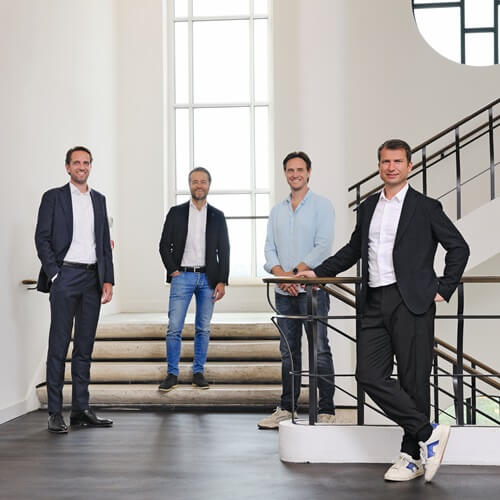
‘Being Critical of the Shareholders can be Risky for a CEO’
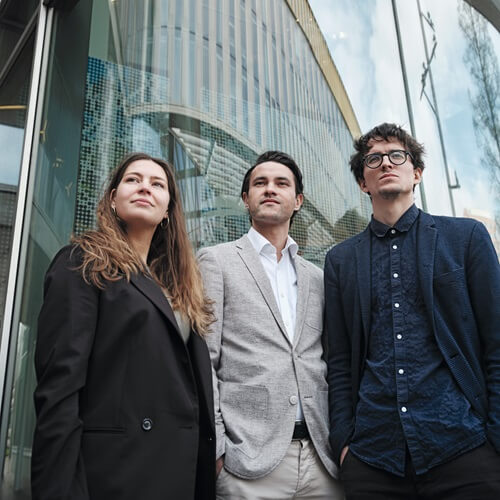
Future energy leaders
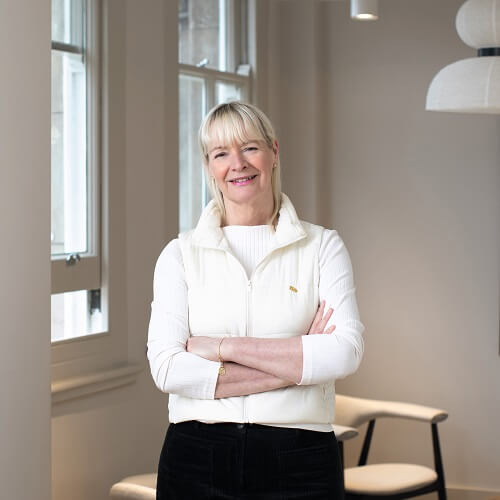
Angela Wilkinson: ‘The energy transition needs a bottom-up approach’
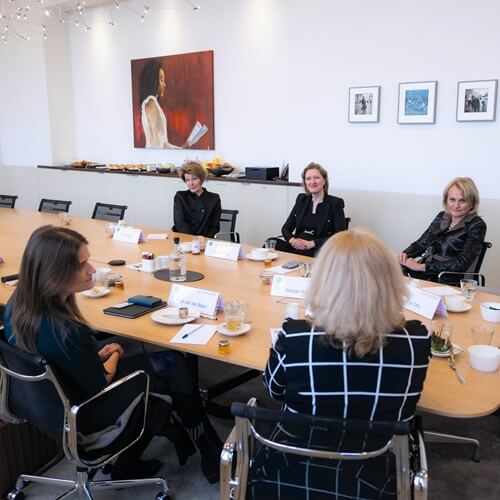
Boards Under The Magnifying Glass
What is the best way to encourage companies to become more sustainable? And how do we ensure that they take into account the external effects of their activities more? In addition to executives, according to David Veredas, professor of Finance and Sustainability and director of the Center for Sustainable Finance at Vlerick Business School, governments also have a role to play: ‘They should encourage market parties to behave responsibly.’
On his first hundred days as CEO of Rabo Carbon Bank, Roland van der Vorst says: 'Measurable impact for the bank, the customers and the world.'
David Veredas: ‘When There Is No Obligation, Companies Push The Cost Onto Others’
What is the best way to encourage companies to become more sustainable? And how do we ensure that they take into account the external effects of their activities more? In addition to executives, according to David Veredas, professor of Finance and Sustainability and director of the Center for Sustainable Finance at Vlerick Business School, governments also have a role to play: ‘They should encourage market parties to behave responsibly.’
The First 100 Days as CEO of Rabo Carbon Bank
On his first hundred days as CEO of Rabo Carbon Bank, Roland van der Vorst says: 'Measurable impact for the bank, the customers and the world.'

Don't Do Everything At Once: Making The Huge Sustainability Task Manageable
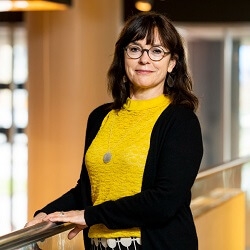
Jolande Sap: ‘The Remuneration Policy Is Not Yet An Engine of Change’

A community for Supervisory Board members: together we shape the sustainability discussion

To Reward Well Means to Reward Sustainability
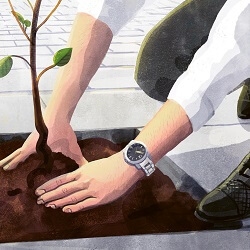
From Incremental Steps To Impactful Change









